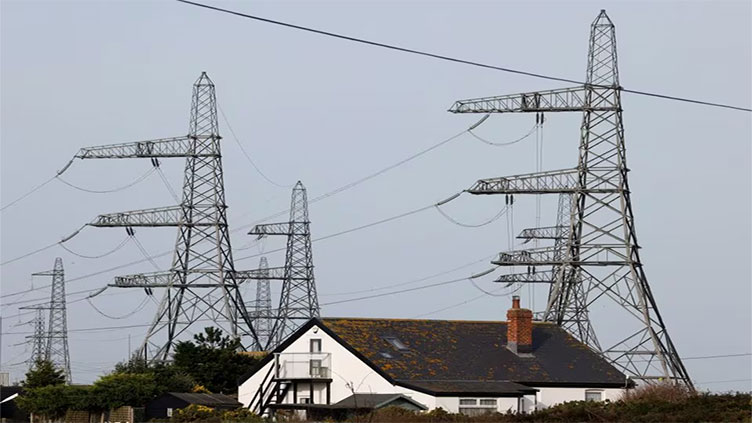Britons face higher energy bills after Ofgem raises price cap

Business
The price cap rise "is a result of the wholesale cost of gas and electricity rising," Ofgem CEO said
LONDON (Reuters) – Most British households will face higher energy bills from January after regulator Ofgem increased its price cap by 5% to reflect a rise in wholesale energy prices.
The increase comes as many Britons contend with a cost of living squeeze and the government continues to grapple inflation. Though inflation slowed sharply last month, which was partly down to lower energy costs.
The price cap rise "is a result of the wholesale cost of gas and electricity rising, which needs to be reflected in the price that we all pay", Ofgem CEO Jonathan Brearley said in a statement.
Benchmark British wholesale gas prices have risen by about 30% since the beginning of September.
Gas prices usually rise in the winter alongside increasing demand, particularly for heating. However, wholesale prices have also been driven higher by global events such as the war in Ukraine, Ofgem said.
Charity groups warned many households could struggle with the higher costs, as less government support is available this winter. Most homes received 400 pounds ($498) off their bills last winter when the cap was much higher.
Fuel poverty group National Energy Action said 1 in 4 people had struggled to pay energy bills in the last three months.
Ofgem's Brearley also said it could be a difficult time for some households but said people may now be able to find cheaper deals on the market.
Government support is available for around 3 million vulnerable families eligible for the Warm Home Discount, worth 150 pounds off bills and many of the most vulnerable are also eligible for 900 pounds in cost of living support for 2023/24.
Ofgem's new cap of 1,928 pounds a year for average use of electricity and gas, is up 94 pounds from the previous cap.
About 29 million customers are on standard rate tariffs covered by the price cap, which was introduced in 2019 to protect consumers.


